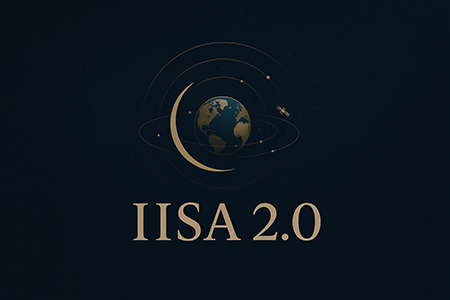On 23 June 2020, the Institute for Islamic Strategic Affairs (IISA) convened the third webinar meeting of the Middle East and North Africa (MENA) Covid-19 Committee. The meeting was attended by 22 participants: two representatives from the World Health Organization (WHO), leading medical experts from Iraq, Morocco, and Israel, members from humanitarian and health organisations, members of the core group (Gulf, Israel, Turkey, etc), and a representative from a Nordic Ministry of Foreign Affairs.
The first webinar, also held with regional medical experts on humanitarian organisations on 14 May 2020, highlighted concerns about the economic consequences of the pandemic and underlined a need for information-sharing among regional states.
The second webinar, on 16 June 2020, was held with economic experts from the region and assessed the impact of the virus on the economies of the region and the possibility of regional cooperation.
The aim of this meeting was to delve further into what kind of information needs to be shared and by whom, with attention being paid to building a more cohesive framework for information-sharing.
Participants underlined the importance of information-sharing and acknowledged that a great deal of much needed data falls through the gaps. This, they said, is due to a number of factors, including the politicisation of the virus and by the overburdening of health infrastructure and medical staff, which makes it difficult to share information.
Many discussions surrounded ‘covid fatigue’ with governments struggling to keep public awareness high, while needing to simultaneously open the economy, leaving the public frustrated and fearful.
Mental health was noted as an increasingly urgent issue and many participants expressed dismay at the virus continuously spreading in already vulnerable areas, such as those entrenched in conflict and among refugee populations.
Participants and the organiser expressed commitment to continue to advocate for increased information-sharing and to hold further dialogue on these vital issues.

